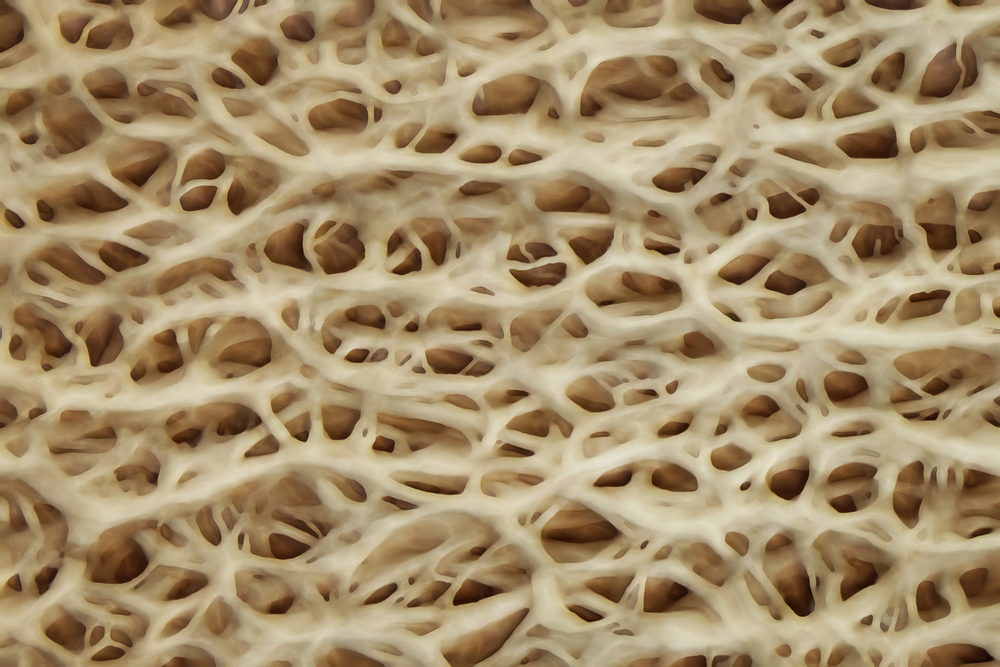According to a recent report published in the Matrix Biology Journal titled “The BRAFV600E inhibitor, PLX4032, increases type 1 collagen synthesis in melanoma cells”, collagen presence in the tumor microenvironment can be either beneficial or detrimental.
“Vemurafenib usually suppresses expression of genes in melanoma cells,” explained in a recent news release Dr. Constance Brinckerhoff, lead study author. “Surprisingly, we found that expression of collagen was substantially increased by melanoma cells treated with this drug.”
Vemurafenib (PLX4032) is a drug used to treat melanoma in patients carrying a BRAF gene mutation. This research intended to assess how the drug affects collagen synthesis within tumor cells. “Our findings were replicated in three melanoma cell lines and in murine melanoma cells that are a model for human disease,” said Dr. Brinckerhoff. “They were also replicated with in vivo experiments where mice harboring melanomas were fed chow with or without the drug and we also saw increased collagen in the tumors in these mice.”
Vemurafenib suppresses the expression of many genes, however only some genes have been found to be upregulated by the drug. In this study, researchers observed vemurafenib increased collagen expression. The team will now use mice models to understand if collagen deposition is a “bad” or “good” effect for cancer development. So far, current evidence is controversial as some studies indicate collagen synthesis aids the tumor, while other studies have found it to be bad for cancer cells, causing a “double-edged sword” in melanoma progression. The team wants to evaluate if vemurafenib is able to slow the progression of BRAFV600E melanomas.


